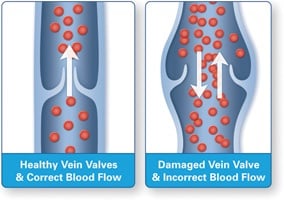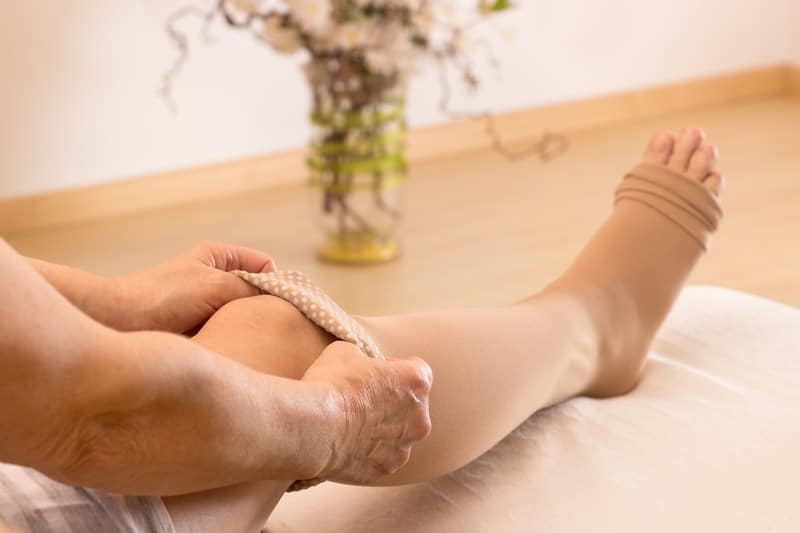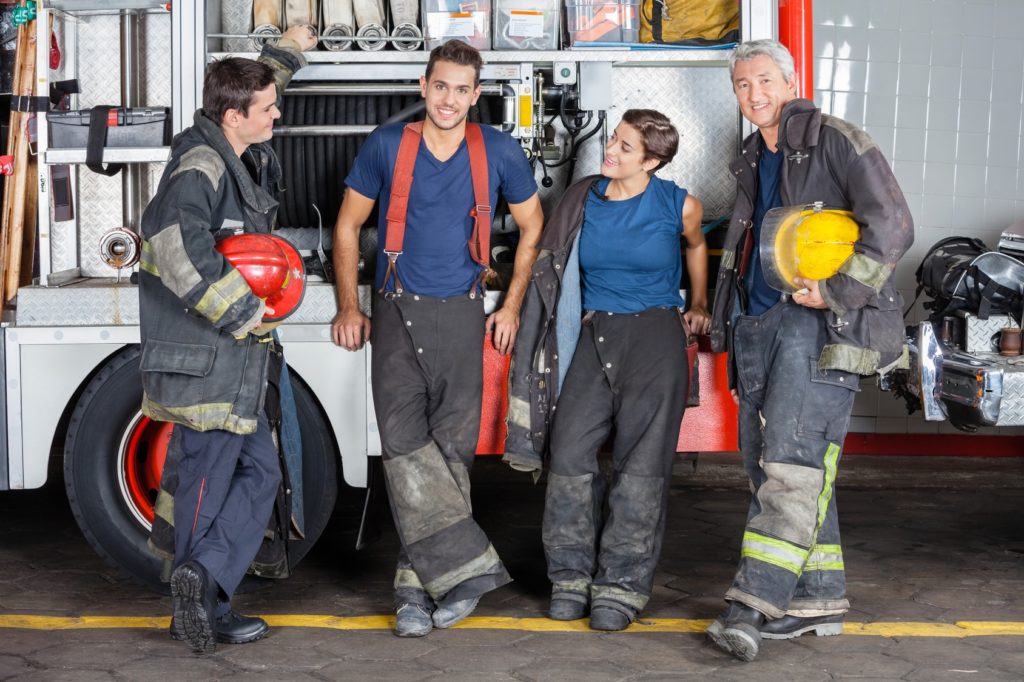Can Venous Insufficiency be Reversed?

Can Chronic Venous Insufficiency (CVI) be reversed?
Unfortunately the short answer to this question is no; but CVI can be treated with minimally invasive procedures which can reduce symptoms and improve quality of life tremendously!
Chronic Vein Insufficiency Causes
In order to understand why venous insufficiency or peripheral venous insufficiency cannot be reversed, we must look at what causes venous disease. The most prevalent cause of venous insufficiency is genetics. A family history of vein disease is the biggest predictor of whether or not most people will develop vein problems. If a parent, grandparent, aunt, or uncle has or had problems with veins, it is likely that the reason you have developed them is purely genetic. Currently in medical research, there is no way to prevent this trait from being passed down the family tree.
Another venous insufficiency cause is hormones. Particularly in women, any shift in hormones; normal menstrual cycle, hormonal birth control, hormone replacement, menopause, and a combination of factors in pregnancy; cause the valves and walls of superficial veins to become weak. It is the weakness of these vein structures that cause the symptoms associated with venous insufficiency including: leg fatigue, leg heaviness, leg swelling, nighttime leg cramps, leg pain, restlessness of your legs, vein itching, itchy legs, prominent varicose veins, and spider veins.
Trauma is another cause of venous insufficiency. Although only a few cases of venous insufficiency can be linked to trauma alone, it is quite possible that a traumatic injury to the leg can cause enough damage that would affect the venous system.
Research has suggested that other health conditions may contribute to the weakening of the venous system including; lower extremity lymphedema, diabetes, obesity, smoking, hypertension, and arterial disease. However, direct correlations among these factors are still being researched, and current studies reveal conflicting results.
Regardless of which of the above venous insufficiency causes directly contribute to your specific venous condition, once the superficial veins are insufficient (weak); similar to a stretched out rubber band, there is not a way for these veins to regain their elasticity. It is the loss of elasticity or compliance that causes symptoms. These peripheral venous insufficiency symptoms become worse as time progresses and can be aggravated by things such as standing in one place (working as a hairstylist, teacher, cashier) and sitting for long periods of time (driving, desk jobs, flying in a plane). At night leg restlessness and leg cramping can wake people from sleep or make it difficult to fall asleep. Summertime heat can aggravate symptoms as it causes veins to become dilated and weaker.
Chronic Venous Insufficiency Treatment
Although there is no cure for venous insufficiency or venous disease, symptoms can be helped with compression stockings, exercise, cooler weather, leg elevation, and some homeopathic regimens. When these conservative methods no longer help, straight forward, minimally invasive procedures exist to alleviate the discomfort associated with venous insufficiency. These modern techniques cause little pain and fast recovery for the sufferer.
If you are experiencing leg fatigue, heaviness, swelling, night cramps, pain, restlessness, itching, prominent varicose or spider veins, have your legs evaluated by our qualified Vein Specialist to discuss appropriate treatment options for your specific case.
Varicose Veins worse in Summer Heat? If it seems like your varicose veins symptoms seem to worsen in the summer heat—especially for those of you who live in hot climates like Arizona—you are not imagining it. Talk to a qualified vein specialist and they will tell you that heat does have an effect on your…
Read MoreLet’s face it—a big part of the reason that you are in Arizona is because you don’t enjoy golfing in the snow or hiking in the rain. And now that you are here, there is no reason to let anything get in the way of your active life—not even the discomfort of varicose veins. Although…
Read MoreYounger adults in the U.S. are searching for options to deal with varicose veins…REALLY? Health and Google statistics are starting to show that younger and younger people are seeking treatment for conditions such as varicose veins, chronic venous insufficiency (CVI), and other health conditions usually associated with older adults. Health officials are attributing this…
Read MoreHas a woman ever said she loves wearing high heels because they are just so comfortable? Uh uh. Or because it is just so easy to walk in them? Not likely. High heels are popular because of the way they make the legs of the wearer appear.
Read MoreIf you just googled “compression stockings for varicose veins” to find this article, you are far from alone. Millions of Americans have looked at compression stockings as a non-surgical alternative to help deal with the discomfort of varicose veins and other peripheral vascular concerns. Perhaps not knowing that there are newer, effective, and minimally invasive procedures…
Read MoreIt can hurt to care–just ask any nurse. As a profession, nurses experience some of the highest rates of varicose veins and Chronic Venous Insufficiency (CVI) in the country. In fact, in one study by the NIH, 63 per cent of participating nurses were shown to have at least one sign of CVI. Nurses will know…
Read MoreOne might think that the biggest cause of injury among American firefighters would be burns and collapsing structures. However, more than just skin and bones, it is the firefighter’s vascular system that is at risk. There are a number of reasons why firefighters are especially susceptible to vascular injury, and why they in particular need…
Read MorePerhaps the most important thing to know about Radiofrequency Vein Ablation, is that it has a high success rate in treatment of varicose veins. Additionally, it is minimally invasive, minimally painful, has low rates of complication, can be performed in-office, and has a very rapid recovery time, usually about a day. The Venous Ablation Process…
Read MoreThe concern about having or developing Chronic Venous Insufficiency (CVI) is a great reason to have your varicose veins fully assessed by a qualified Vein Specialist. Why should I be concerned about the symptoms of Chronic Veins Insufficiency? Chronic Venous Insufficiency, also known as Venous Reflux Disease or Venous Stasis, refers to a condition of inadequate…
Read MoreCan Varicose Vein Pain be Eliminated? It is the end of a long day, and suddenly you realize that the varicose veins that you barely considered this morning are working hard to get your attention. They ache, and your legs feel heavy and are getting swollen. Especially if you have been ignoring them all day,…
Read More

